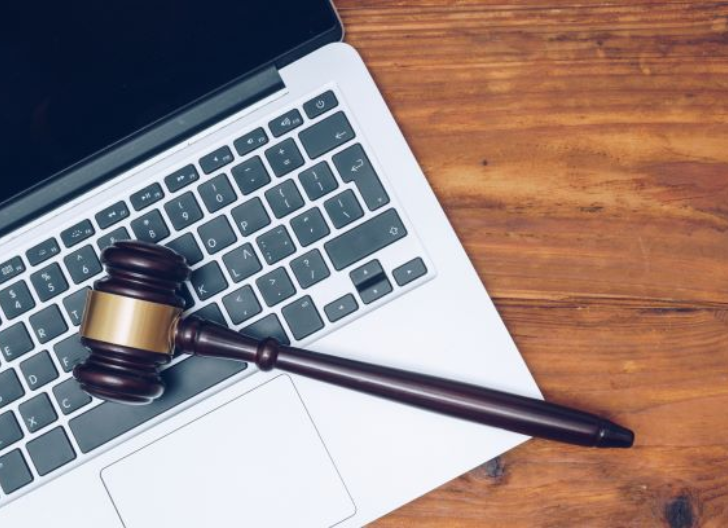Virtual Trials in the Time of COVID-19
The NBI Team

For as long as the technology has been available, courts have allowed certain proceedings to occur virtually. From depositions to arraignments, virtual appearances are a common and often useful tool. However, they have taken on an expanded role few would have suspected even a year ago due to the coronavirus. While remote proceedings are convenient and help prevent the spread of disease, they come with no shortage of legal and practical challenges.
There is no doubt that holding certain hearings remotely is permissible under the law, however, many have questioned the constitutionality of proceeding with jury trials, particularly in criminal cases. Although this remains uncharted territory for state and federal constitutions, many scholars, including those at NYU’s Civil Jury Project, note that conducting criminal trials remotely would implicate the Confrontation Clause, with any challenges analyzed under a balancing test.
On the other hand, failure to move cases forward could implicate speedy trial and jury trial rights. Currently, many states have placed jury trials on hold indefinitely due to the pandemic. Yet many courts are going to great lengths to ensure dockets move where they can.
As recently discussed by The National Law Journal, there remains little uniformity in current approaches across the states: adopting safety measures for in-person proceedings, conducting fully virtual jury trials, or taking a hybrid approach. The challenges are unprecedented and expansive, and require thorough planning, creativity, and great commitment and technological aptitude from everyone involved.
In August, a Florida jury delivered a $354,000 civil verdict in a battery case conducted over Zoom video conferencing. The trial, from jury selection to verdict, was conducted entirely through the use of video conferencing software. The case appears to be the first state court jury trial conducted entirely by Zoom in the nation.
One aspect of remote trials and other proceedings that may be lost on attorneys is the reported loss of access for court-watchers and the public in general. While most court proceedings are open to the public, The Marshall Project has reported that the public is largely locked out of most remote proceedings. According to their research, some courts simply operate through private Zoom meetings without granting public access at all. In other cases, court watchers have reported gaining access to audio-only feeds of video conferences, making it difficult to follow the proceedings or identify which party is speaking.
Other courts in New York City, require court watchers to appear at court in person and watch from a screen provided there. This puts court watchers at risk of contracting the disease. The Marshall Project also reports that other jurisdictions leave the decision to individual judges, making it virtually impossible to identify how to view these public proceedings. This is problematic, as court watchers collect useful data on sentencing and plea bargains that can be used to identify systemic bias or other issues.
The coronavirus pandemic has required attorneys to increase their understanding of technology in a short window of time. However, the reality is that the practice of law continuously requires a growing level of technical competence. NBI strives to provide resources to aid attorneys in embracing technology and adapting to an ever-changing profession. For useful courses related to technology and the law, do not hesitate to review the complete NBI Catalog.
--
This blog post is for general informative purposes only and should not be construed as legal advice or a solicitation to provide legal services. You should consult with an attorney before you rely on this information. While we attempted to ensure accuracy, completeness and timeliness, we assume no responsibility for this post’s accuracy, completeness or timeliness.
